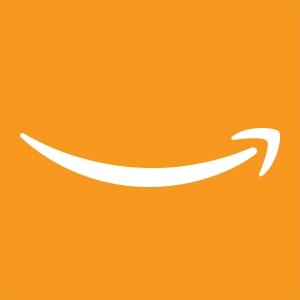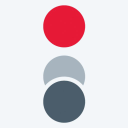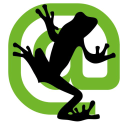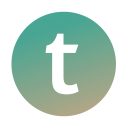How I Started A $25K/Month Job Search Advice Website
Hello! Who are you and what business did you start?
Hi, my name is Biron Clark and I’m the founder of Career Sidekick. We’re a job search advice website that’s read by millions of people per year, and we’re a multiple six-figure per year business.
To earn money, we started by selling digital products: two job interview preparation e-books and a job search video course. However, in the past few years, we’ve started earning more revenue from display advertising and affiliate marketing.
So, we’ve become more of a publishing company rather than a product-focused business.
The website has gone through many iterations and we’ve tried many monetization models, growth tactics, and more. I’m excited to share what’s worked coming up.
The website earns approximately $25,000 per month and I’m the only full-time employee.


Download the report and join our email newsletter packed with business ideas and money-making opportunities, backed by real-life case studies.

Download the report and join our email newsletter packed with business ideas and money-making opportunities, backed by real-life case studies.

Download the report and join our email newsletter packed with business ideas and money-making opportunities, backed by real-life case studies.

Download the report and join our email newsletter packed with business ideas and money-making opportunities, backed by real-life case studies.

Download the report and join our email newsletter packed with business ideas and money-making opportunities, backed by real-life case studies.

Download the report and join our email newsletter packed with business ideas and money-making opportunities, backed by real-life case studies.

Download the report and join our email newsletter packed with business ideas and money-making opportunities, backed by real-life case studies.

Download the report and join our email newsletter packed with business ideas and money-making opportunities, backed by real-life case studies.

























